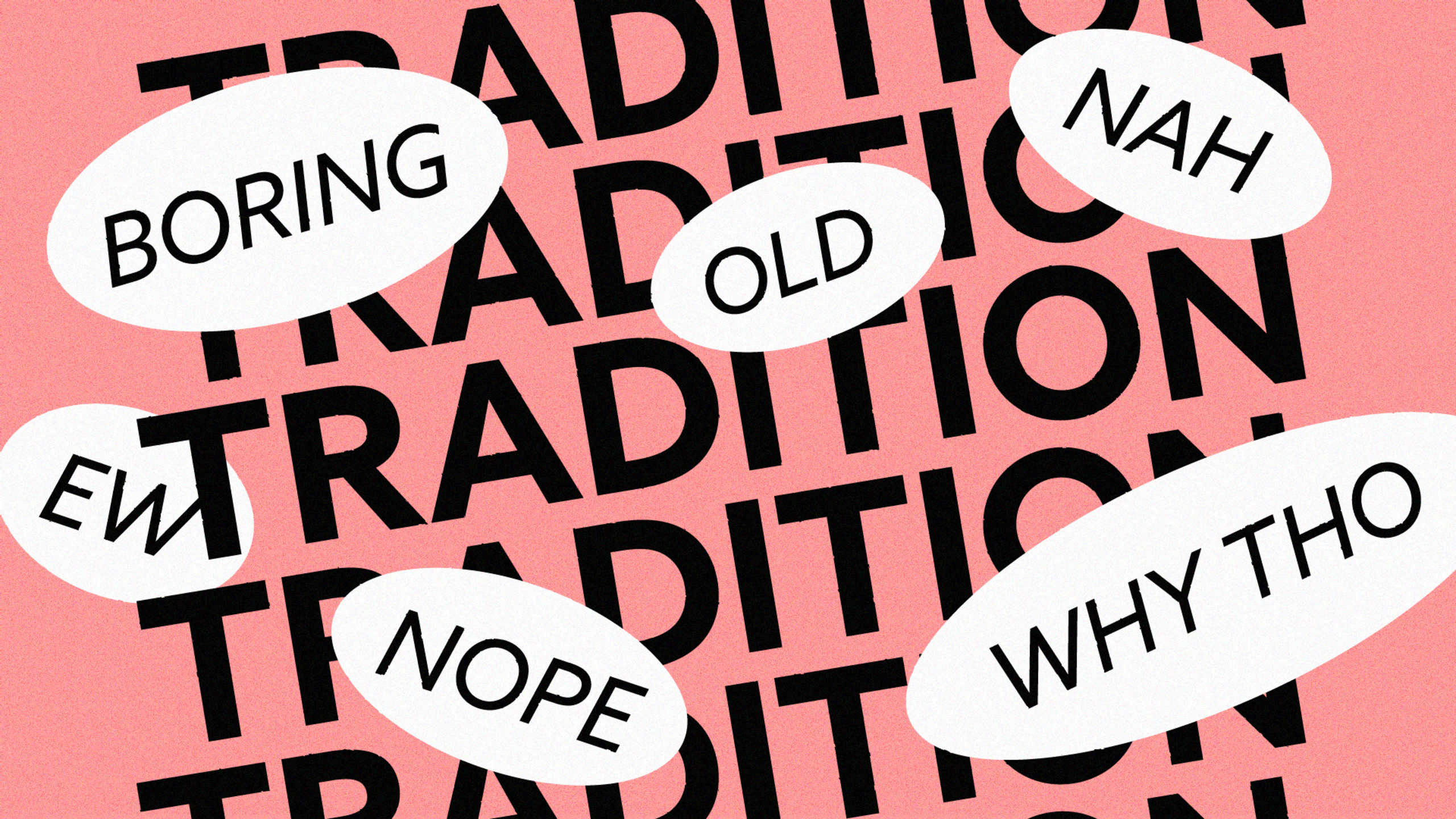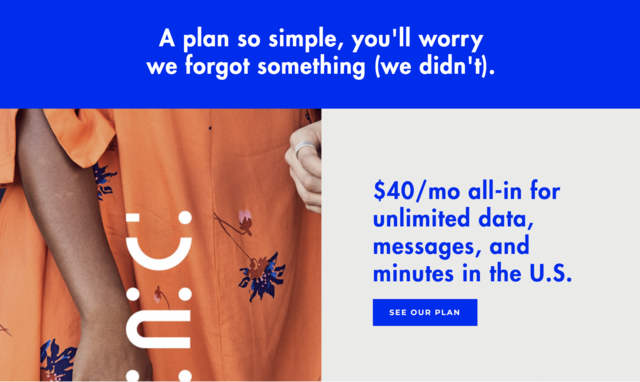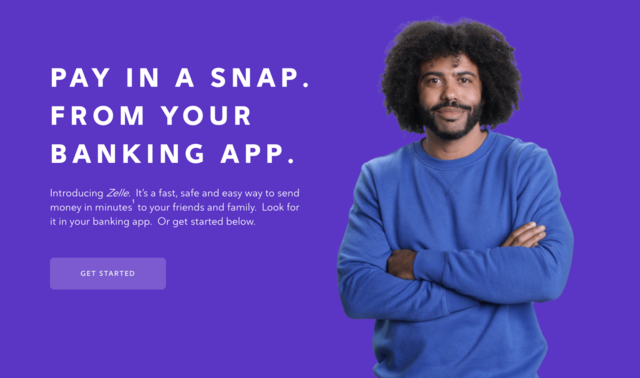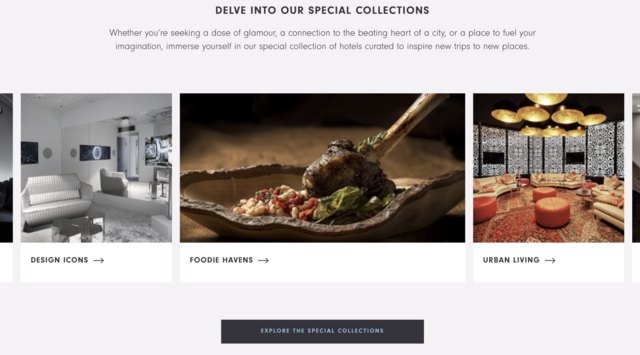
How Big Brands are Ditching Brand Equity to Appeal to Disloyal Millennials
“Millennials have no respect for loyalty and tradition.” Who’s already fired up? I’m fired up. If I had a nickel for every time I’ve heard “that’s the way it’s always been done,” I’d have enough money to pay off my next month of student loans.
As Innovatemap’s resident Millennial Expert™, it’s often my job to interpret, translate, and sometimes even defend an entire generation. (Most recently I had to explain to the team what a flabongo is.) But in this case, these back-in-my-dayers are correct. Millennials have no blind brand loyalty. And you know what? We shouldn’t. More than ever before, technology is enabling people with ideas, and no industry is left undisrupted. (We ruin everything.) The world has never been more connected or more aware. As a result, the best digital ideas, and not necessarily the biggest names, are winning more business.
So when it comes to these Big Names, millennials have stopped asking “What did this brand do for my parents?” and started asking “What has this brand done for me lately?” And the companies coming out on top are the ones coming up with answers.
Verizon
Millennial perception: The overpriced service provider your parents splurged on because it had the best service. You stuck with it because you have a lot of important messages that need to get delivered (ie. nmu?), so you Venmo’ed your dad to stay on the family plan for as long as possible.
What they’re doing about it: Have you ever logged into a Verizon family account? I am a millennial in tech and I felt like Kimmy Schmidt coming out of the cult bunker for the first time. If there were a 1,000 things going on, only about 15 of them applied to me and my phone. All I really wanted was some independence, and to know how much it cost to have unlimited calls, texts and data. Enter Visible.

First of all, like any great B2C digital product, they read my mind. Everything I need, nothing I don’t. I’m paying A WHOLE DOLLAR LESS than I was paying my dad every month, and I can even Venmo them. And here’s the best part: this is a Verizon company, but you don’t even realize it’s Verizon until you really start digging. Verizon recognized a problem and had an idea for a solution, but knew their brand image had already been tainted with the millennial market. So, they created a new brand, and voila! Millennials are loving it – not because it comes from a brand they’ve been “loyal” to, but because it is the most simple and valuable product to solve a previously unavoidable headache.
Bank of America
Millennial perception: Stuffy; your grandfather’s bank. Do they have some sort of political association? It feels like it.
What they’re doing about it: Remember when sending someone money was such an ordeal? I can count on one hand the number of times I’ve needed to pay by check, and each of those times I picked up a cashier’s check from the bank. Then, Venmo made it possible for my friends and I to stop passing each other envelopes of cash. But Venmo only recently introduced any sort of security in their app, which had been a serious deterrent for a large group of potential users. Bank of America saw this, and saw an opportunity to offer their customers security AND convenience at the same time. Revolutionary.

In Zelle, a money-sending plug-in for banking apps, users find the convenience of Venmo and the security of their bank. Zelle’s brand could not distance itself any more from your grandfather’s Bank of America, as evidenced by a vibrant purple, whimsical photography, and a video series titled “Watch Daveed Diggs learn about Zelle from a sassy grandma, a talking deer and a grillmaster.” The brand even went so far as to reference the #1 song of 2017 in their tagline (“money moves” sound familiar to anyone?). But newsflash, millennials don’t care that Zelle is purple and listening to Cardi B. We care that it’s making an everyday occurrence easier and safer at the same.
Marriott
Millennial perception: That’s hot. No wait, that’s The Hilton. No wait, that’s Paris Hilton. Marriott is the other one. Nice hotel; pretty cookie cutter. Airbnb is more authentic. Hostels are cheaper, and the crazy person in the bunk bed above me will make for a good story. Maybe I’ll just rent a camper van.
What they’re doing about it: It’s no secret that millennials are spending less money on possessions and more money on experiences. When it comes to travel especially, we put a premium on immersion and uniqueness, and chain hotels look the same all over the world. Sometimes, it’s nice to walk into Dunkin’ Donuts in Spain and feel like you’re on America’s east coast again. But most of the time, we don’t want Catalonia to look like Connecticut – that’s why we traveled in the first place. Marriott launched it’s Autograph Collection of hotels with the tagline, “Exactly like nothing else” with millennial experience-seekers as their target market.

The Autograph Collection is made up of beautifully designed boutique hotels that are unique to their locations. The collection is curated to ensure that every experience feels like an immersive one; that travelers feel like locals rather than tourists. With specific recommendations catered to everything from business travel and team retreats to foodies and design geeks, the Autograph Collection is bringing personality back to hospitality and giving millennials the authenticity they crave.
Brand equity is valuable. Need proof? Is Pepsi OK? Household names leverage their brand equity every day to sell products in existing and new markets. But brand equity can also be crippling when a new market has a negative perception of a brand. Verizon, Bank of America, and Marriott are not trying to change millennials’ perception of them because their current perceptions are working in their current markets. Instead, they’re leveraging the novelty of new brands that solve real problems to appeal to a new market. And while bright colors and pop culture references might get them in the door, the only way to get a millennial to stick around is by offering competitive value. We have no problem taking our business elsewhere.



